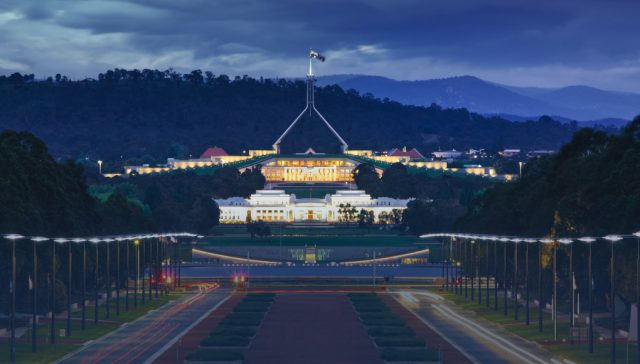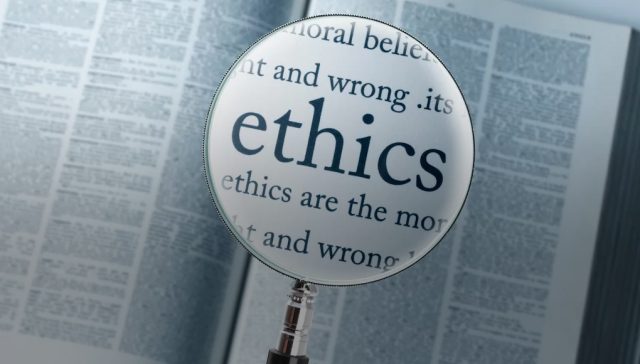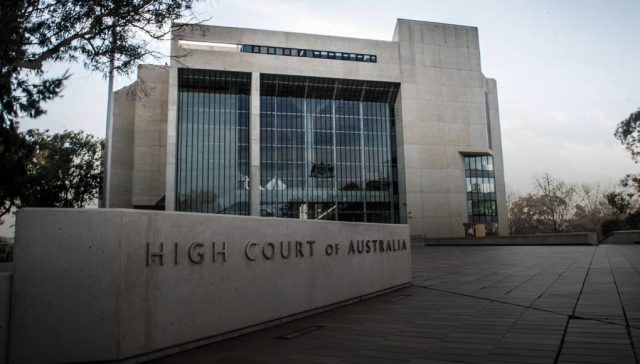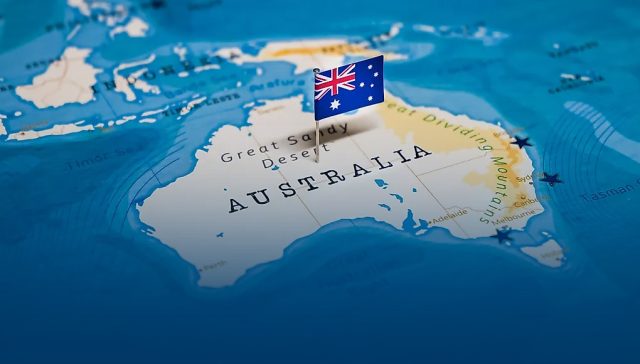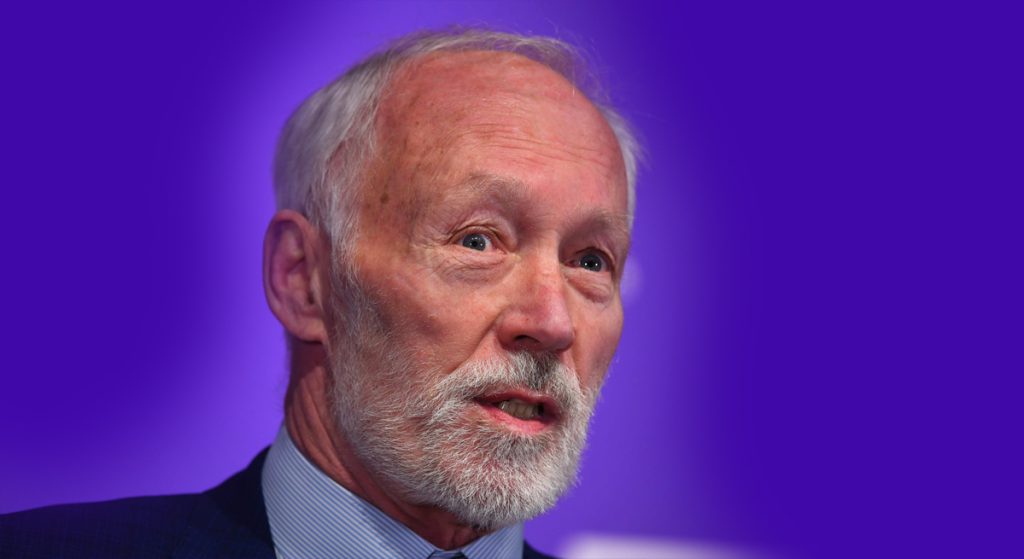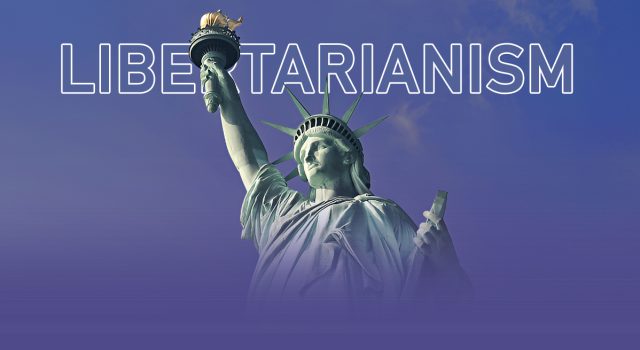What is at Stake in Religious Freedom
Religious freedom is poorly understood in Australia. This has a lot to do with the fact that it is not really a freedom per se, so much as a collection of more fundamental individual freedoms with which people are much more familiar: freedom of conscience, freedom of thought, freedom of speech, freedom of association and freedom of assembly.
What makes religious freedom a distinct concept is the unique content of the conscience, thought and speech in question, and the unique purposes and function of association and assembly conducted in its name.
For example, religions represent the most ancient belief systems still in existence in our modern societies, and this ancient pedigree sometimes puts the religion, and its adherents, at odds with more recent cultural changes. Religions also tend to consist of more comprehensive and determinate worldviews than are typical of secular culture.
A society’s tolerance level for the expression and practice of religious belief, is a good indicator and test of how free a society genuinely is.
Secular world views, to the extent that they exist at all, tend to be more open, indeterminate and relativist than religious world views (militant secularists are the exception that proves the rule).
The comprehensiveness of the typical religious world view, and the ethical systems and modes of living that embody and express them, can make it difficult, if not impossible, for the religious believer to socially compartmentalise their faith, ensuring social friction in a secular, pluralistic society like Australia. Moreover, religious world views are held by a decreasing percentage of the Australia population, progressively widening the gap between the religious believer and the cultural mainstream.
Evidence of this widening cultural distance can be seen in the increasing demand for faith-based schools and homeschooling, as religious believers seek to ensure that their children can be educated according to their faith and world view, free from the corruption of the dominant non-religious state ideology and the secular values and mores that now permeate society.
It is a combination of the unique content of religious belief, on the one hand, and its socially relevant practices and public activities, on the other, that create the kinds of tensions and dilemmas at the heart of the debate about religious freedom. The pointy end of this debate relates to faith-based schools, which have to pastorally manage the presence of same-sex attracted and gender dysphoric students enrolled in them while remaining faithful to the religious teaching and ethos for which the school was established in the first place. This can be particularly vexed in circumstances of open enrolment, where children of parents belonging to the establishing faith of the school are enrolled alongside children of parents who do not belong to it, leading to competing expectations and demands on the school.
However, the key thing to bear in mind about religious freedom, and something often forgotten in public discussion, is that it is simply an expression and manifestation of the most fundamental individual freedoms that constitute a free society, and which most citizens take for granted as self-evident goods. As such, any restriction of religious freedom is by default a restriction of either freedom of conscience, freedom of thought, freedom of association, freedom of assembly or some combination thereof.
Religious freedom is poorly understood in Australia.
That said, none of the fundamental freedoms that comprise religious freedom is absolute. All individual freedoms are subject to necessary limitations and compromises in the name of protecting individuals from violence, aggression and unjustified coercion. The terrorist cannot invoke religious freedom in order to justify the planning and execution of a mass casualty attack according to some perceived divine revelation or injunction.
The challenge for a society with a mixed population of (diverse) religious and non-religious citizens is to properly identify the necessary limitations on religious freedom, without unduly compromising and undermining the fundamental individual freedoms that are essential to the creation and sustenance of a free society, the only kind in which human flourishing is truly possible.
The boundaries of religious freedom, which is to say a society’s tolerance level for the expression and practice of religious belief, is a good indicator and test of how free a society genuinely is.
Anyone who professes to value freedom of conscience, thought, speech, association and assembly must care about religious freedom, and must want to see society recognise, preserve and defend ample social space for the practice and expression of religion—not because one necessarily accepts the metaphysical and moral claims of any particular religion, but because one can see the inextricable connection between religious freedom and the fundamental freedoms that constitute a free society, for theist, atheist and agnostic alike.

Jonathan Cole is a libertarian political philosopher and co-host of The Political Animals podcast: “Two political philosophers, one a right-wing radical, the other a left-wing heretic, come together to discuss the social, political and cultural issues of our day.”







